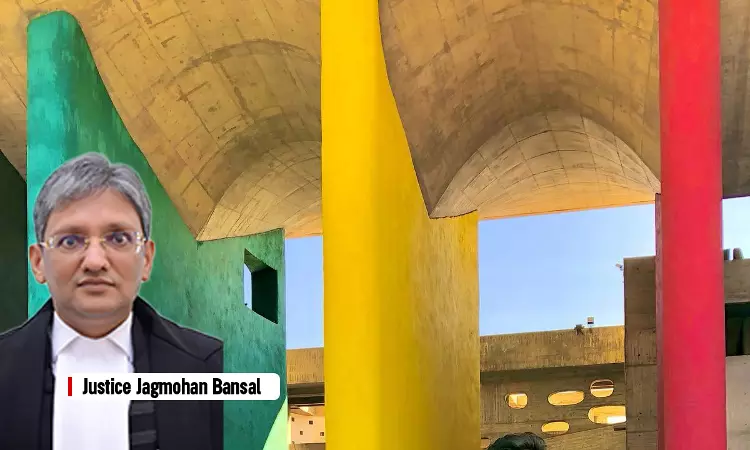Reasonable Time Limit Applies Even Without Statutory Limitation; P&H HC On Labor References
Pranav Kumar
29 Oct 2024 9:15 AM IST

Next Story
29 Oct 2024 9:15 AM IST
Punjab & Haryana High Court: A Single Judge Bench of Justice Jagmohan Bansal allowed Punjab and Sind Bank's petition challenging a labor reference order made after an 11-year delay. The Court ruled that criminal acquittal cannot revive a dismissed labor dispute, especially when approached after an unreasonable delay. Despite no statutory limitation period under Section 10...
